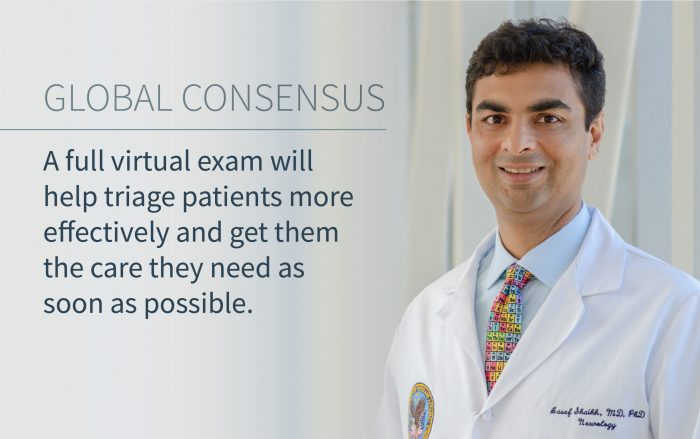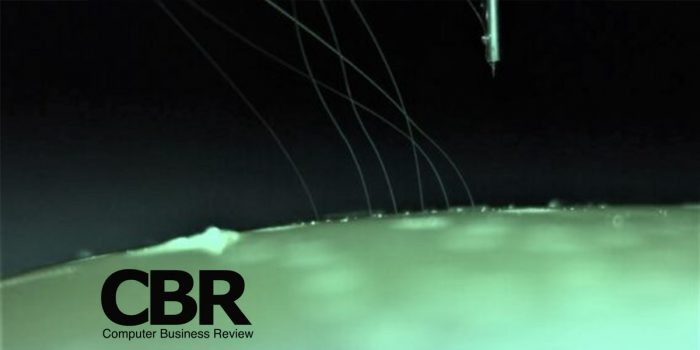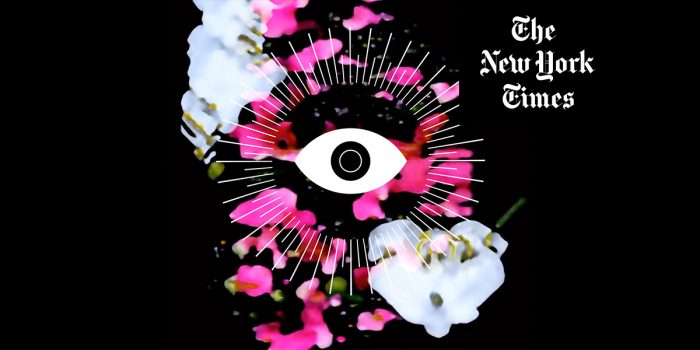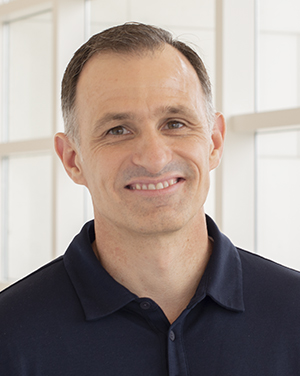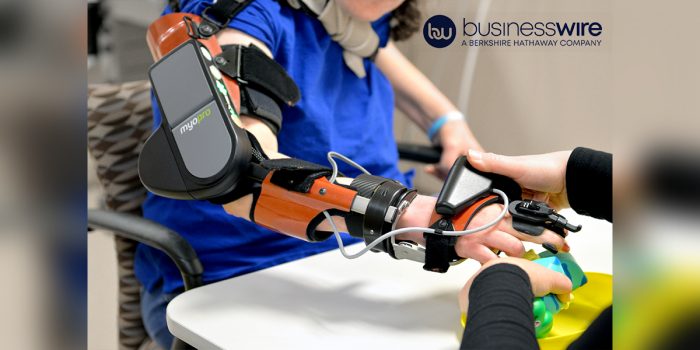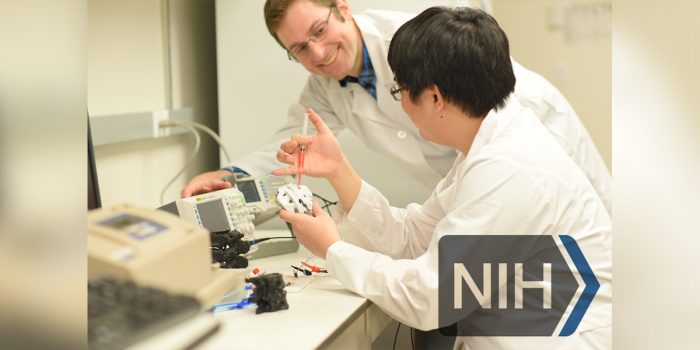Tour the FES Center
Visit our labs (virtually) to see an overview of Functional Electrical Stimulation (FES) research. If you would like to set up a meeting with any investigator about their work or possible collaboration, please reach out to info@FEScenter.org ReHAB – Reconnecting the Hand and Arm to the Brain A team of biomedical pioneers at the Cleveland…

